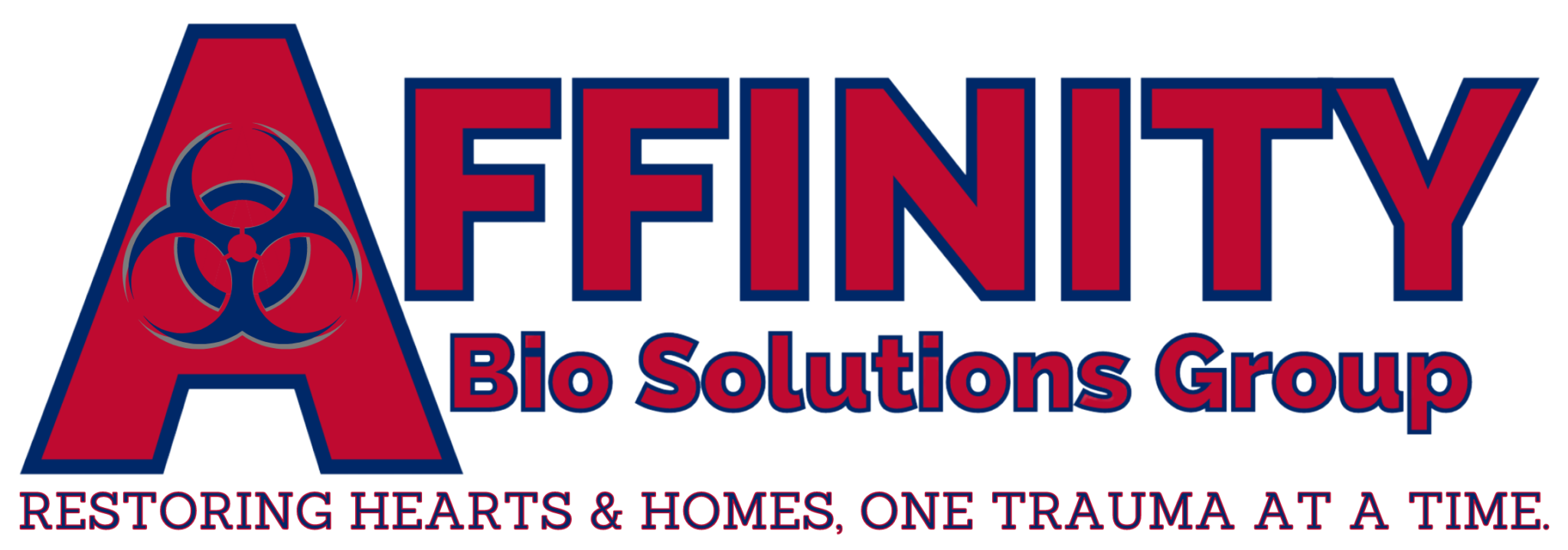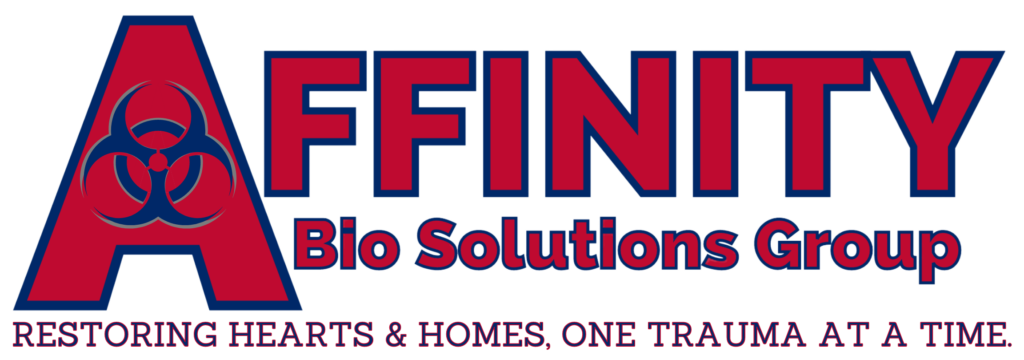Crime scenes are inherently challenging environments, often requiring meticulous cleanup to address biohazards and restore the affected space. Attempting to handle crime scene clean up without professional assistance can pose serious health risks and legal complications. Let’s explore the compelling reasons why using a professional for crime scene clean up is not only advisable but crucial for the safety and well-being of all involved.
Why You Should Use a Professional for Crime Scene Clean Up
 Biohazardous Materials: Crime scenes frequently involve the presence of biohazardous materials such as blood, bodily fluids, and tissues. These substances can harbor dangerous pathogens, including bacteria and viruses, posing a significant risk to those who come into contact with them. Professionals in crime scene cleanup are trained to handle biohazards safely, using specialized equipment and protocols to mitigate health risks.
Biohazardous Materials: Crime scenes frequently involve the presence of biohazardous materials such as blood, bodily fluids, and tissues. These substances can harbor dangerous pathogens, including bacteria and viruses, posing a significant risk to those who come into contact with them. Professionals in crime scene cleanup are trained to handle biohazards safely, using specialized equipment and protocols to mitigate health risks.- Compliance with Regulations: Crime scene clean up is subject to stringent regulations and guidelines at both federal and state levels. Professionals in this field are well-versed in these regulations and ensure that the cleanup process complies with legal requirements. This includes proper disposal of biohazardous waste and adherence to health and safety standards.
- Trauma-Informed Approach: Crime scenes often involve traumatic events that can have a profound emotional impact on individuals. Professional crime scene cleanup providers approach their work with sensitivity and empathy, recognizing the need for compassion during what is often a challenging time for those affected by the incident. Their training enables them to navigate the emotional aspects of the cleanup process with care.
- Specialized Training and Equipment: Crime scene clean up professionals undergo extensive training to handle the unique challenges associated with their work. They are equipped with specialized tools, personal protective equipment (PPE), and cleaning agents designed to effectively and safely address biohazards. This level of preparedness ensures thorough and efficient cleanup while minimizing risks.
- Prevention of Cross-Contamination: Professionals in crime scene cleanup follow strict protocols to prevent cross-contamination of the affected area and surrounding spaces. This includes establishing containment zones, employing proper ventilation, and using disinfection techniques to ensure that pathogens do not spread to other areas of the property.
- Timely and Efficient Restoration: Crime scene clean up professionals understand the importance of prompt and thorough restoration. The longer biohazardous materials remain untreated, the greater the risk of contamination and potential health hazards. Professionals work efficiently to restore the affected space to a safe and habitable condition.
- Legal Protection: Engaging professional crime scene cleanup services provides legal protection for property owners and stakeholders. Professionals document the entire cleanup process, ensuring a clear record of compliance with regulations. This documentation can be crucial in legal proceedings and insurance claims related to the incident.
- Peace of Mind for Property Owners: Property owners facing the aftermath of a crime scene are already dealing with significant stress and emotional strain. Hiring professionals for crime scene cleanup allows property owners to focus on their well-being and the well-being of those affected, knowing that the cleanup process is being handled by trained experts.
The utilization of professional crime scene clean up services is not only a matter of convenience but a critical step in ensuring the safety, legality, and effective restoration of a property. From handling biohazards to navigating the emotional aspects of the aftermath, crime scene cleanup professionals play a vital role in helping individuals and communities recover from traumatic events. Choosing to work with these professionals not only ensures a thorough and compliant cleanup process but also provides much-needed support during challenging times.

